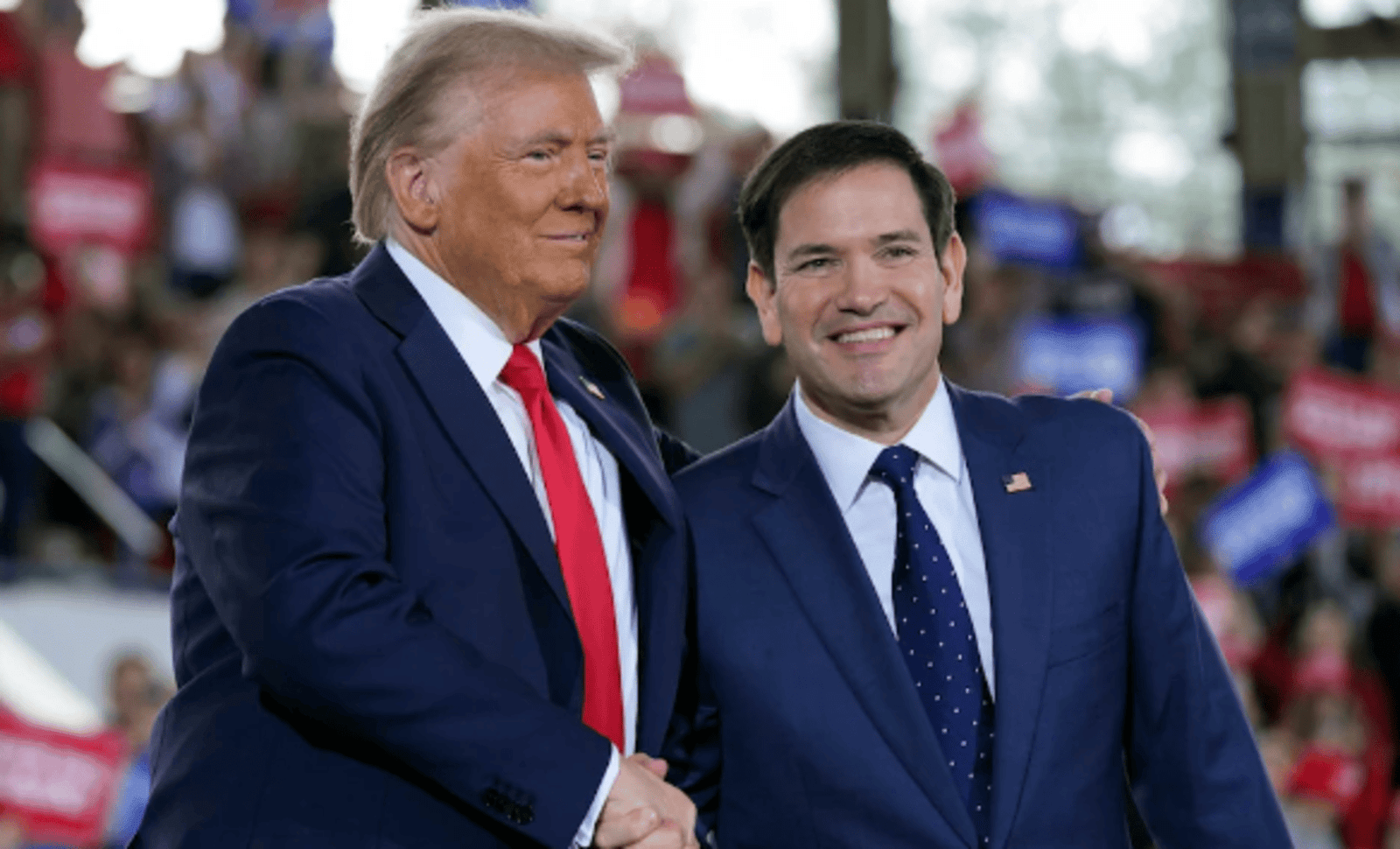
Biden Blacklists 140 Firms in Tech Crackdown. Biden Sanctions Chinese Tech Investor with UK Microchip Ties
President Joe Biden has enhanced the crackdown on China’s technology ambitions. A prominent Chinese tech investor, Wise Road Capital, has been blacklisted. The move is part of a new wave of semiconductor sanctions targeting 140 businesses. Biden Blacklists 140 Firms in Tech Crackdown
National Security Threat
Officials claimed the company aids Beijing’s efforts to develop advanced semiconductor capabilities. These technologies are seen as critical for military and industrial use.
Wise Road Capital has close ties with Alphawave, a British semiconductor giant valued at £1 billion. The two companies operate a joint project in China, WiseWave. The partnership has been profitable but also controversial.

Alphawave’s Role in the Saga
Alphawave, an Anglo-Canadian company, specializes in semiconductor designs. It invested over $46 million in WiseWave.
Recently, Alphawave announced plans to sell its 35% stake in WiseWave. A spokesperson stated the sanctions wouldn’t affect this sale.
Impact on the Semiconductor Industry
The sanctions aim to curb China’s access to advanced chip technologies. Semiconductor manufacturing is important for artificial intelligence, data centers, and defense. The Biden administration believes limiting China’s capabilities is essential for national security.
U.S. Commerce Secretary
Gina Raimondo, the U.S. Commerce Secretary, described the measures as unfamiliar. The focus is to prevent China from acquiring AI chips and military-grade technologies.
Past Controversies Related to Wise Road
Wise Road Capital is no stranger to controversy. The company’s connections have alarmed U.S. officials for years. In 2022, Marco Rubio, now Secretary of State under Donald Trump, raised alarms. He labeled Wise Road as a security risk when Alphawave sought to acquire a U.S. tech company.
Even with such warnings, Alphawave expanded its operations in China. However, its latest annual report signals a shift.
Decreasing Revenues in China
Revenue from the region fell from $190 million in 2023 to just $18.1 million in the first half of 2024. The company acknowledged regulatory risks tied to WiseWave. It noted concerns over technology transfers into China.
Blacklisting 140 Companies
The latest sanctions target 140 businesses. These include Wingtech, a Chinese firm owning Dutch chipmaker Nexperia. It was forced to sell a plant in Newport, Wales, due to security concerns.
Nexperia still operates a chip factory in Manchester. The company stated it would comply with sanctions. However, the new rules add pressure on its operations.
UK-Chinese Relations Under Strain
The sanctions reflect a broader chill in UK-China business relations. Deals have slowed significantly. Regulatory concerns and geopolitical tensions play a major role.
David Harold, a semiconductor analyst, noted the “chilling effect” of these restrictions.
China’s Response
China has fought back against U.S. measures. It announced bans on exports of minerals like gallium, germanium, and antimony. These elements are important for battery and semiconductor production.
The move showcases the tit-for-tat nature of U.S.-China trade tensions. Both nations rely heavily on each other for technological supply chains.
Alphawave’s Strategic Shift
Alphawave is distancing itself from China. The company aims to focus on other markets. While WiseWave was once a cornerstone of its strategy, this is changing.
The company’s leadership insists the sanctions won’t end its plans.
A Global Semiconductor Power Struggle
Semiconductors are at the heart of the U.S.-China rivalry. These tiny components power everything from smartphones to military equipment. The U.S. seeks to maintain dominance in this sector.
The Biden administration’s sanctions are part of this strategy. The U.S. hopes to secure its industrial base by cutting China off from advanced technology.
WiseWave’s Future
The future of WiseWave looks unpredictable. With its parent company blacklisted, operations may face hurdles. The sanctions limit access to essential exports under the EAR.
WiseWave’s reliance on Alphawave’s intellectual property could also be affected.
Broader Implications for Tech
Partnerships with China come with increased risks.
The restrictions could reshape the semiconductor landscape. Western firms may reduce their dependence on Chinese markets. This shift could lead to new alliances and strategies.
The sanctions on Wise Road Capital highlight the growing risks of global tech partnerships, especially with Chinese entities. This action serves as a cautionary tale for companies navigating the increasingly complex geopolitical landscape of technology and trade. Firms with ties to China now face heightened inspection from regulators, particularly in the U.S.
These measures signal the need for diversification for Western technology firms. Relying heavily on Chinese markets or partnerships could threaten operations. Companies may choose to redirect investments to regions with fewer regulatory hurdles, such as Southeast Asia or India, which are emerging as alternative tech hubs.
This shift could accelerate decoupling trends within the global tech ecosystem. Western nations secure their semiconductor supply chains and reduce dependencies on Chinese manufacturing. Such efforts may include reinforcing domestic chip production and promoting partnerships with allies in Asia and beyond.
Conclusion
President Biden’s sanctions mark a significant step in the U.S.-China tech war. The blacklisting of Wise Road Capital underlines the stakes involved.
As the semiconductor industry evolves, global players must adapt. For Alphawave and others, the path forward will be challenging.







